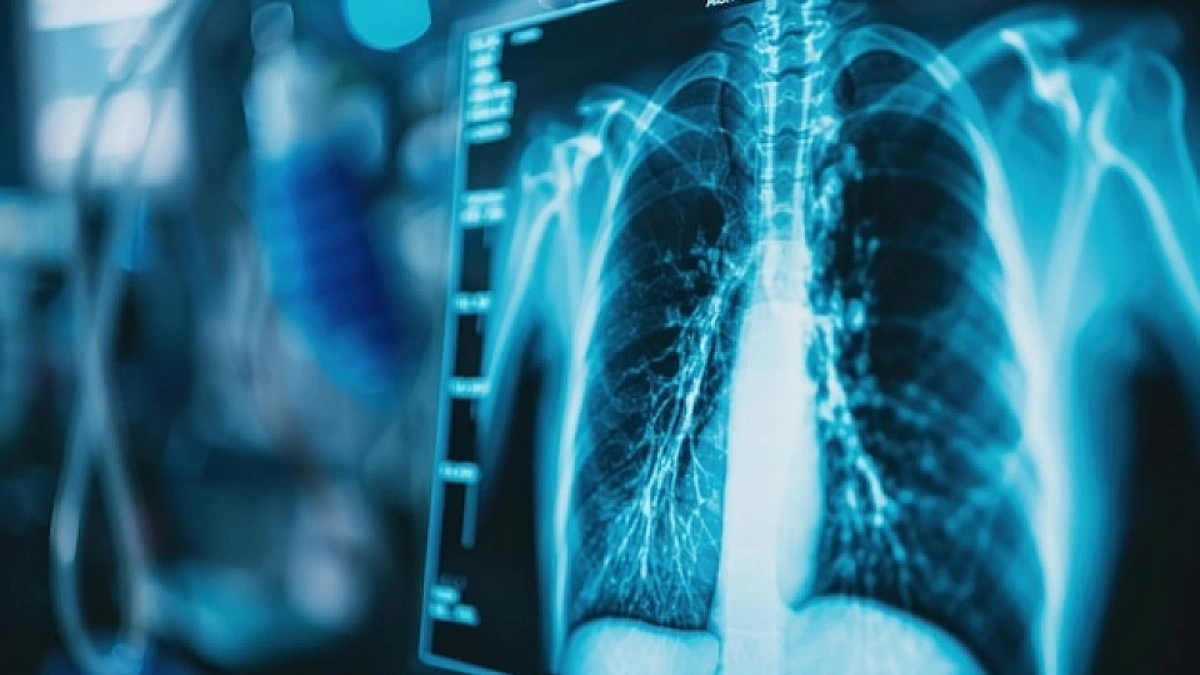Radiology in Turkey is a key part of modern medicine, using advanced imaging tools to diagnose and treat many different diseases. As the field evolves, Turkey has become a prominent destination for radiological services due to its blend of state-of-the-art facilities and expert medical professionals. This guide explores radiology in Turkey, highlighting its significance, methodologies, and applications across clinical and interventional practices.
Understanding Radiology in Turkey
Radiology is an essential part of medical diagnostics because it uses various imaging methods to see inside the body. In Turkey, radiology includes both diagnostic and interventional specialities that offer vital insights for multiple medical disciplines.
Radiology in Turkey Requirements
Training and Certification
Becoming a radiologist in Turkey requires extensive training and certification. Medical professionals must first complete a medical degree followed by a residency in radiology. This training includes rigorous study and hands-on experience in diagnostic and interventional techniques, ensuring that radiologists are equipped with the latest skills and knowledge.
Facility Standards
Radiology facilities in Turkey must meet stringent standards to ensure patient safety and the highest quality of care. This includes using advanced imaging equipment that meets international safety protocols and hiring certified professionals to operate these technologies.
Diagnostic Radiology in Turkey
Key Imaging Techniques
Diagnostic radiology involves non-invasive imaging to identify diseases and monitor patient conditions. The most common diagnostic radiological exams in Turkey include:
- X-ray: Utilized primarily for examining bones, chest, and abdomen.
- CT (Computed Tomography): Offers detailed cross-sectional images using multiple X-ray angles, managed by a computer.
- MRI (Magnetic Resonance Imaging): Uses magnetic fields and radio waves to create detailed images without radiation.
- Ultrasound: Employs sound waves to produce images of organs and tissues, especially during pregnancy.
- Mammography: Specialized X-rays for breast tissue imaging.
- Nuclear Medicine: Uses radioactive substances to image body processes, crucial for diagnosis in cardiology and oncology.
History and Importance
Radiology traces its origins back to 1895 when Wilhelm Conrad Röntgen discovered X-rays. Since then, it has become indispensable in healthcare, offering critical insights into conditions ranging from bone fractures to complex cancers. In Turkey, the field has advanced significantly, making it central to various medical specialities.
Interventional Radiology in Turkey
Techniques and Procedures
Interventional Radiology combines imaging technology with minimally invasive procedures to treat various conditions. This subspecialty in Turkey allows for targeted treatments that often require no incision or minimal ones, significantly reducing recovery times and the risk of complications. Common interventional procedures include:
- Angiography and Angioplasty: Imaging to visualize blood vessels, followed by ballooning or stenting to open blockages.
- Embolization: Treatment for bleeding disorders by blocking blood flow to specific areas.
- Ablation Procedures: Techniques like radiofrequency ablation and cryoablation are used to destroy tumours.
- Biopsies: Image-guided sampling from organs such as the lungs and thyroid.
- Venous Access and Feeding Tube Placements: Critical for patients requiring long-term intravenous treatment or nutritional support.
Benefits Over Traditional Surgery
The advantages of interventional radiology include reduced risk of infection, less pain, and quicker recovery times compared to traditional surgical approaches. In Turkey, these procedures are often done on an outpatient basis, allowing patients to return home on the same day, highlighting the efficiency of radiology in Turkey.
Modern Techniques in Radiology
PET-CT and MRI Integrated Systems
Radiological technology in Turkey is at the forefront of innovation, with hospitals and clinics equipped with the latest imaging machines. PET-CT and MRI integrated systems provide enhanced 3D images, offering comprehensive diagnostic information that can guide precise treatment plans. These advancements make Turkey a leader in the field of radiology.
Molecular Imaging Advances
Molecular imaging techniques such as dual-energy CT and optical imaging help in understanding diseases at a molecular and cellular level. In Turkey, these advancements aid in early disease detection, treatment monitoring, and therapeutic decision-making, showing the depth of radiology in Turkey.
The Role of Radiologists and Technologists
Radiologists in Turkey are highly trained professionals who interpret images to formulate diagnoses. They work in tandem with radiologic technologists, who manage imaging equipment and patient preparation. This collaboration in Turkey ensures accurate results and optimal patient care, emphasizing the pivotal role of radiology here.
Radiology’s Role in Healthcare
Radiology supports nearly every medical speciality, further emphasizing its crucial role in modern healthcare. Whether it’s diagnosing osteoporosis and cancer or guiding surgical interventions, radiological services are indispensable. Specifically in Turkey, the integration of cutting-edge technology with expert clinical practice significantly contributes to improved patient outcomes, showcasing the importance of radiology here.
Radiology in Turkey: Cost
Cost of Procedures
Radiological procedures in Turkey are known for being cost-effective while maintaining high standards of care. Common procedures include:
- CT Scan: Typically ranges from 100to300.
- MRI Scan: Generally costs between 150and400.
Factors Influencing Cost
The cost of radiological services can vary based on factors such as the complexity of the procedure, the equipment used, and the location of the facility. Despite these variables, Turkey consistently offers competitive pricing compared to Western countries.
Avicenna International Hospital: A Leader in Radiology in Turkey
At the forefront of these advances, Avicenna International Hospital offers exemplary radiological services. With a strong focus on patient care, the hospital combines advanced technology with a caring approach. Contact us to learn more about radiology in Turkey or to schedule a consultation with our expert radiologists.
Turkey is highly regarded for its state-of-the-art radiology services, offering advanced technologies and skilled professionals at competitive prices.
Radiology technician salaries in Turkey vary depending on experience and location, but they generally range from approximately 10,000 to 20,000 annually.
Radiology in Turkey is distinguished by its integration of advanced technologies and highly skilled professionals, offering high-quality services at competitive prices compared to Western countries.







